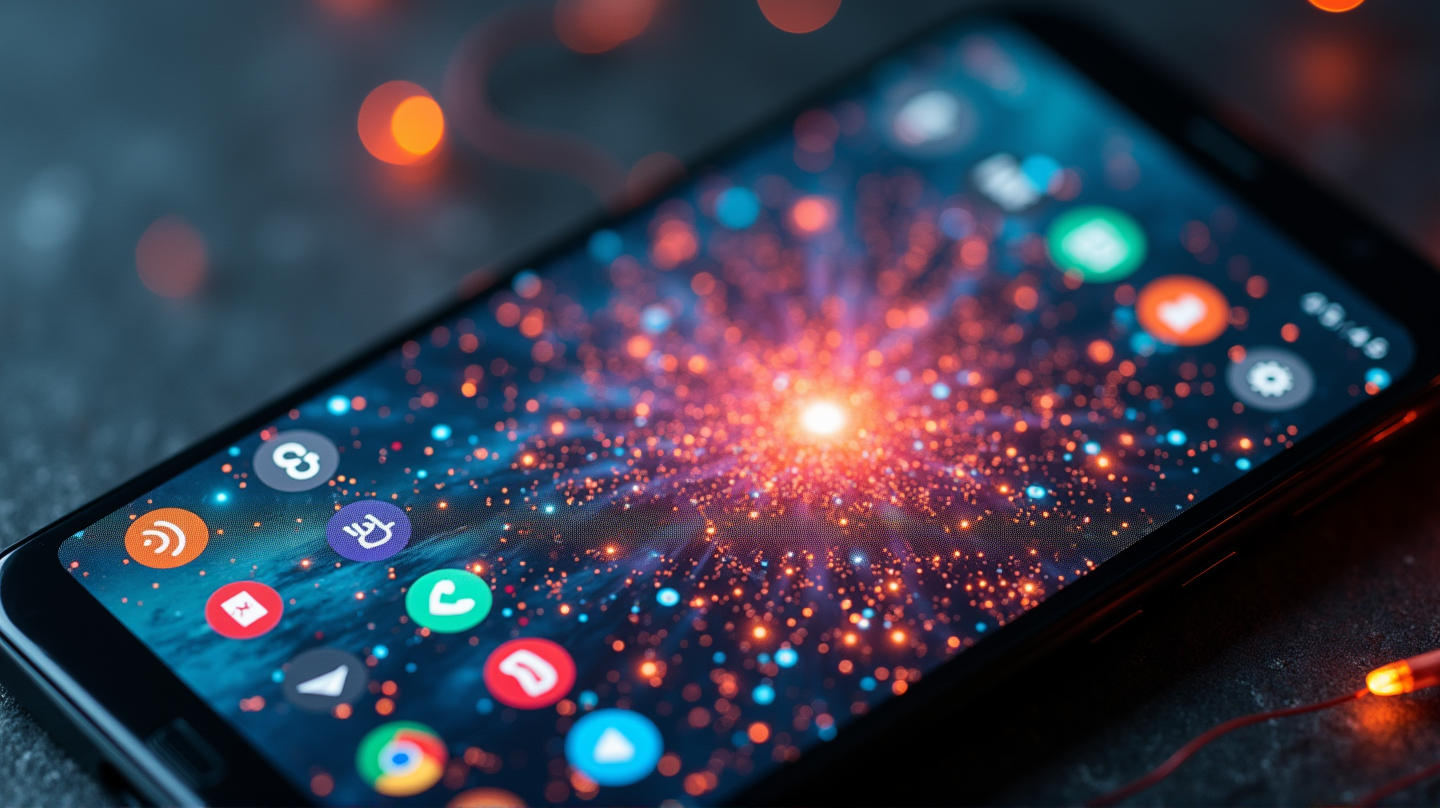Google's Ongoing Battle with Android Bloatware

The thrill of setting up a new phone quickly fades when faced with the reality of preinstalled, unwelcome bloatware. An issue that affects all Android devices, bloatware not only clutters a sleek interface but also sluggishly drains the battery and resources. Despite Google’s attempts in curbing this menace, many users question its effectiveness.
Bloatware: A Silent Performance Killer
When hidden apps constantly run in the background, their impact on performance goes unnoticed until the battery starts draining swiftly. Budget phones bear the brunt as their limited resources struggle with such invisible workload. It’s a constant source of frustration for Android users unaware of this hidden enemy.
Privacy at Stake
Preinstalled apps may secretly collect data, which aggravates privacy concerns. Embedded advertisements found in default apps on devices from brands like Xiaomi and Samsung make matters worse, leading users to question why they must endure this intrusion.
Google’s Conundrum: Attempts and Shortcomings
Google’s efforts to address bloatware include introducing Android One, a clean, bloat-free version for affordable phones. Unfortunately, this initiative never gained significant traction. Even the European Union’s push for more stringent preinstalled app laws hasn’t rectified the problem, revealing a gap between intent and action.
The Android One Experience
Introduced in 2014, Android One was Google’s answer for a cleaner experience on third-party devices. Yet, it failed to captivate the market, showing that even promising solutions need broader adoption and better marketing tactics.
How to Tackle the Bloatware Beast
A unified approach could be the solution, where users have the freedom to uninstall any app—even carrier-specific and system-bound ones—thus starting with a barebones Android setup. Stricter guidelines for manufacturers are crucial, as preloaded apps often appear due to commercial agreements with developers in exchange for visibility.
Transparency and User Control
Providing users with the option to opt-out of unwanted apps during setup can enhance user satisfaction. This should be a consistent standard across all Android devices. Android Police emphasizes that such steps are long overdue.
The Lasting Legacy of Bloatware
While some bloatware cannot be completely removed without dire consequences, transparency and user control during initial setup can render the Android experience more enjoyable. Google’s challenge lies not in eliminating bloatware entirely but in empowering users with choices and enforcing compliance among manufacturers.
In conclusion, proactive enforcement by Google and giving the users more control over their devices could finally root out the bloatware problem. Until then, users must manually uninstall intruding apps, waiting for the day Google fully embraces freedom of choice.





